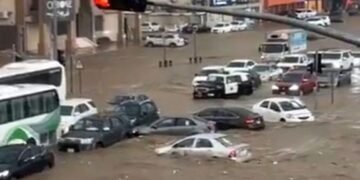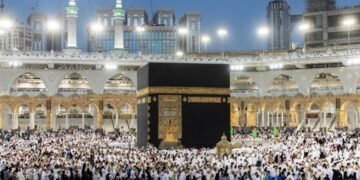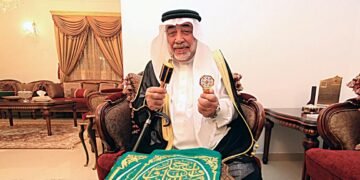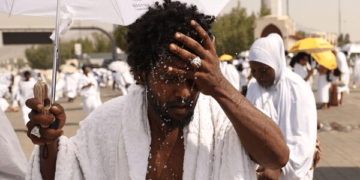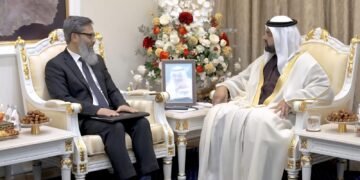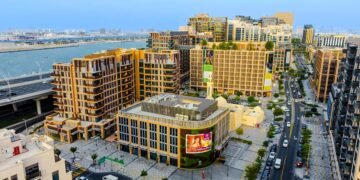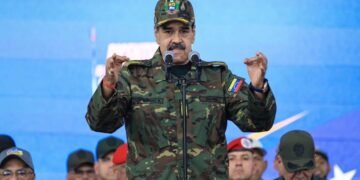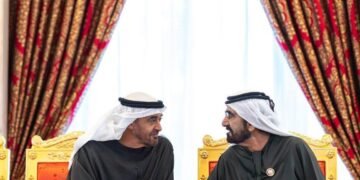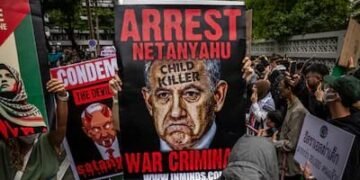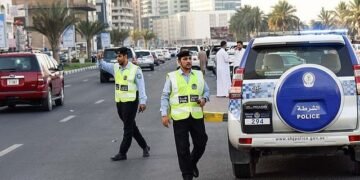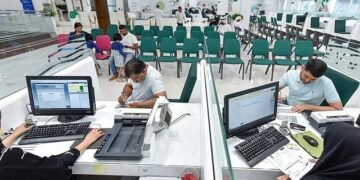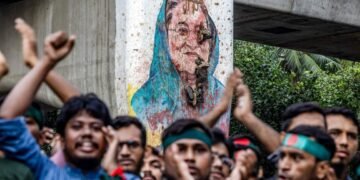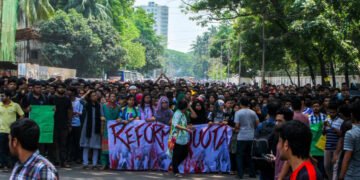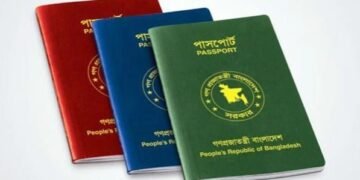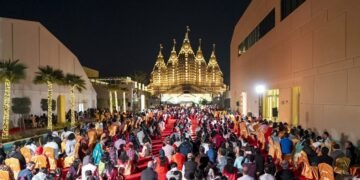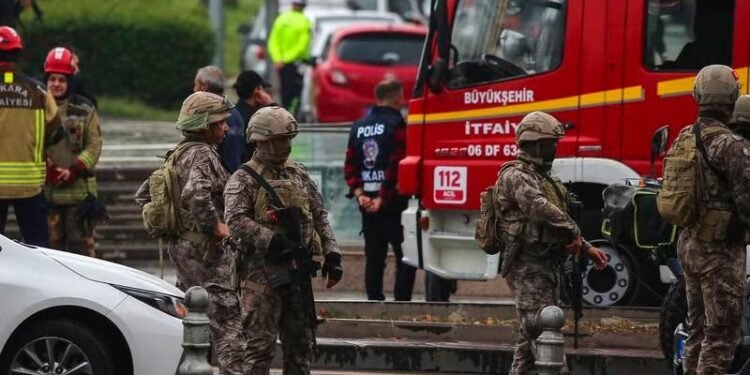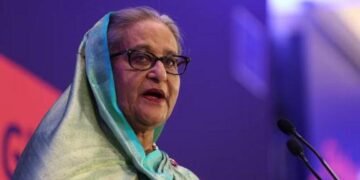Blast heard hours before MPs reconvene for opening session
Two police officers were injured in a bombing targeting Turkey’s Interior Ministry on Sunday, only hours before MPs were scheduled to meet at the nearby parliament building.
The suspects carried out a bomb attack in Ankara at about 9.30am local time, said Interior Minister Ali Yerlikaya, who described the explosion as a terrorist attack.
“Two terrorists” arrived at the scene in “a light commercial vehicle”, he said on social media platform X, formerly Twitter.
One blew himself up while the other was “neutralised” by security forces, he added.
Shortly after Mr Yerlikaya’s post, Turkish President Recep Tayyip Erdogan arrived at the parliament building, which is a few minutes’ walk from the site of the attack, surrounded by heavy security.
In a speech at the opening of parliament, Mr Erdogan said: “This morning’s action, in which two criminals were neutralised as a result of the timely intervention of our police units, is the last struggle of terrorism.
“The cowards who threaten citizens’ peace and security have not achieved their goals and will never achieve them.”
The attack came hours before Turkey’s parliament was set to reconvene after the summer break.
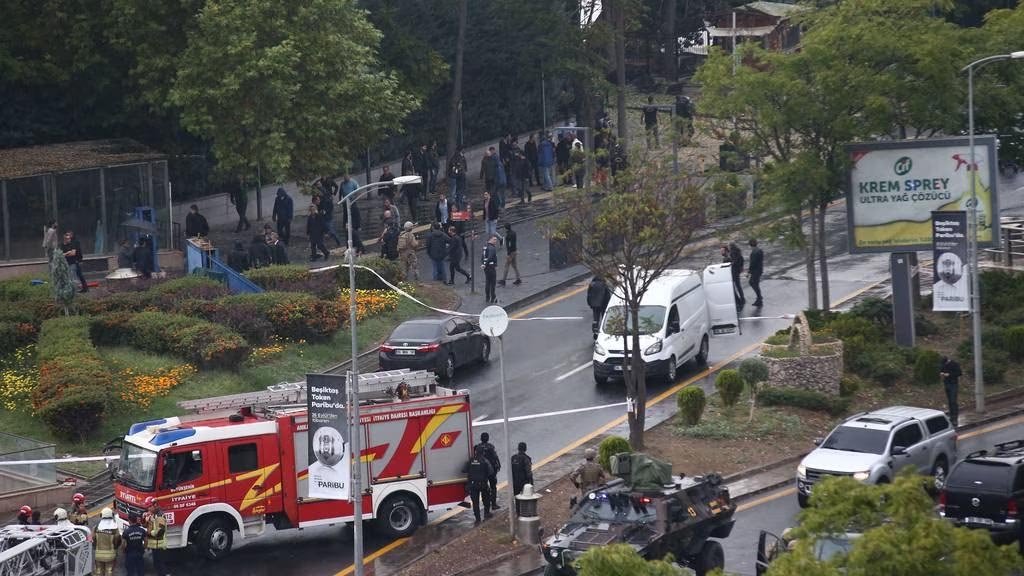
Ozgur Ozel, who heads the opposition Republican People’s Party (CHP) in parliament, called for a comprehensive investigation into the attack.
“This attack, which took place on the opening day of the parliament, at a point very close to the parliament, should be revealed in all its dimensions as soon as possible,” he said.
There was no immediate claim of responsibility for the attack.
Smoke could be seen rising from the site of Sunday’s explosion, close to several government buildings in the heart of the city.
A police cordon has been set up and ambulances sent to the scene.
A controlled explosion will be carried out in the area, authorities later said, and an investigation had been opened into the attack.
In security camera footage circulating online, a vehicle is seen pulling up outside the Ataturk Boulevard entrance to the Interior Ministry, which is separated from the main road by a slip road lined with security bollards.
A person gets out of the passenger door and runs towards the guardhouse at the entrance. When the attacker reaches the guardhouse, there is an explosion. The driver also exited the vehicle, a Renault Kangoo, and remained by its side, shielded from the blast by the vehicle.
The pro-government Daily Sabah newspaper reported that the vehicle used in the attack had been stolen on Saturday evening in a remote part of Kayseri province, a four-hour drive south-east of Ankara.
Ismail Yildirim, the head official from Cataloluk village, said the car’s owner was murdered and his body dumped in a ditch while he was driving in a mountainous forest.
The site of Sunday’s attack is only a few hundred metres from where a car bomb killed 37 people in March 2016. That attack, which targeted police but killed many rush-hour commuters, was blamed on the Kurdistan Workers’ Party (PKK). The group has waged an insurgency against the Turkish state since 1984 in which tens of thousands have died.
Parliamentary Speaker Numan Kurtulmus said Turkey would “always stand by our heroic security forces and institutions who fight determinedly to eliminate terrorists and the forces behind them”.
Writing on social media, he added: “Our nation and state will not give any opportunity to treacherous forces and will continue their struggle in unity and solidarity.”
Foreign Minister Hakan Fidan was among ministers to condemn the “treacherous terrorist attack”.
“We will continue our fight against terrorism with determination at home and abroad,” Mr Fidan, the former head of Turkey’s intelligence agency, posted online.
ISIS has claimed responsibility for previous terrorist attacks in Turkey, as has Al Qaeda, which launched a string of attacks in Istanbul in 2003.
Six people were killed in a November bombing on Istanbul’s busy Istiklal Avenue.
Ankara blamed the attack on the PKK, which did not claim responsibility.
The busy shopping street was hit during a campaign of attacks across Turkey from 2015 to 2017.
The bombings, mostly blamed on ISIS and the PKK, killed 500 people and wounded more than 2,000.
This year has been one of Turkey’s most politically charged in recent times, marked by landmark elections and the aftermath of a devastating earthquake, which killed more than 50,000 people.
Mr Erdogan secured victory at the polls after a second round of voting in late May.
Turkey’s parliament was previously bombed by fighter jets during a failed coup attempt in 2016.
Ankara blamed the coup on US-based Muslim cleric Fethullah Gulen, once a close ally of Mr Erdogan. Mr Gulen has rejected the claims.
Source: Khaleej Times

